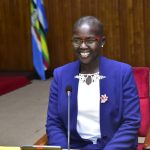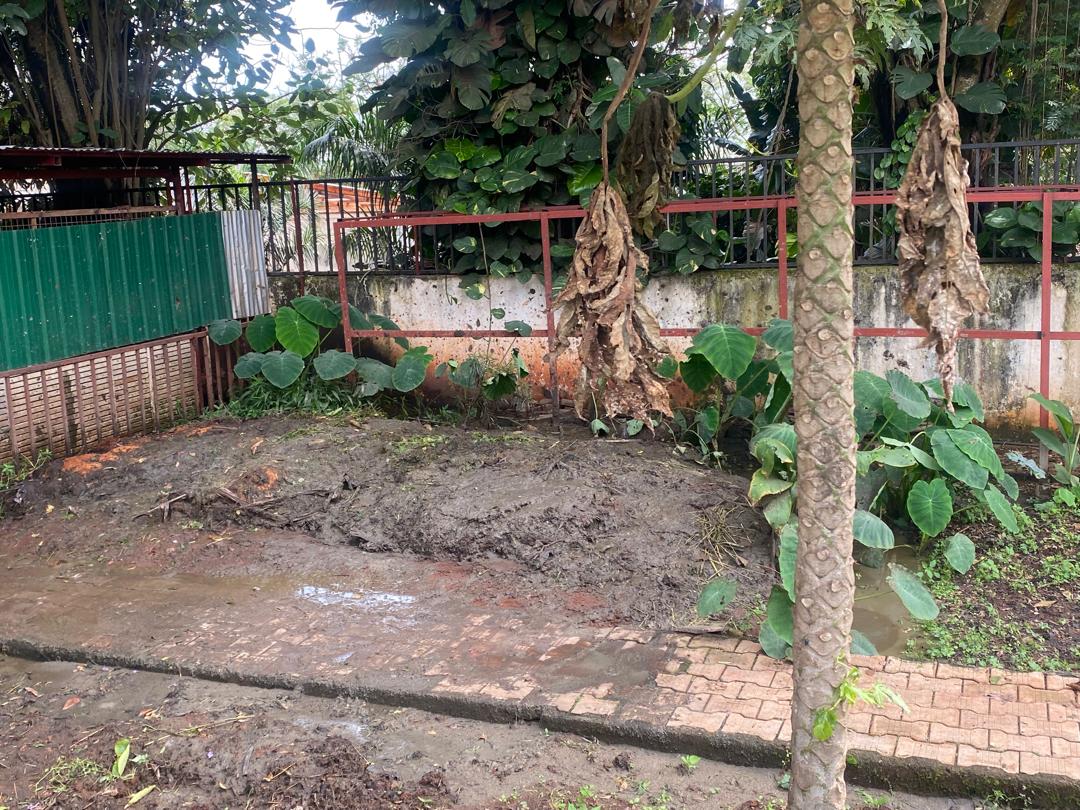Uganda is taking proactive steps to address the challenges posed by climate change with the development of a National Framework for Water and Climate Services. This initiative aligns with the requirements set forth by the World Meteorological Organization, aimed at enhancing coordination among member states in sectors sensitive to climatic changes.
Dr. Alex Ogwang, the Acting Director of the Uganda National Meteorological Authority (UNMA), revealed that the framework is being formulated with support from the IGAD’s Climate Prediction and Applications Center (ICPAC). Speaking during the 66th Greater Horn of Africa Climate Outlook Forum meeting held at Speke Resort Munyonyo in Kampala, Ogwang emphasized the importance of this framework in promoting better planning across all government sectors.
The National Framework for Water and Climate Services will facilitate the integration of climate change considerations into decision-making processes at various levels of governance. It aims to ensure that early warning information is disseminated efficiently and effectively to stakeholders, thereby enhancing preparedness and resilience to climate-related risks.
Ogwang highlighted the multi-level coordination approach envisioned within the framework, emphasizing the involvement of stakeholders at regional, national, and community levels. By establishing robust coordination mechanisms, weather information can be disseminated promptly and accurately, enabling timely responses to emerging climate-related challenges.
To strengthen the dissemination of weather information, UNMA has deployed radar systems at strategic locations, including Entebbe International Airport and central Lira in the northern region, as well as Rwampara in the western region. These radar systems, covering a distance of 450km, will significantly enhance UNMA’s capacity to improve weather forecasts and provide timely alerts to communities across Uganda.




















